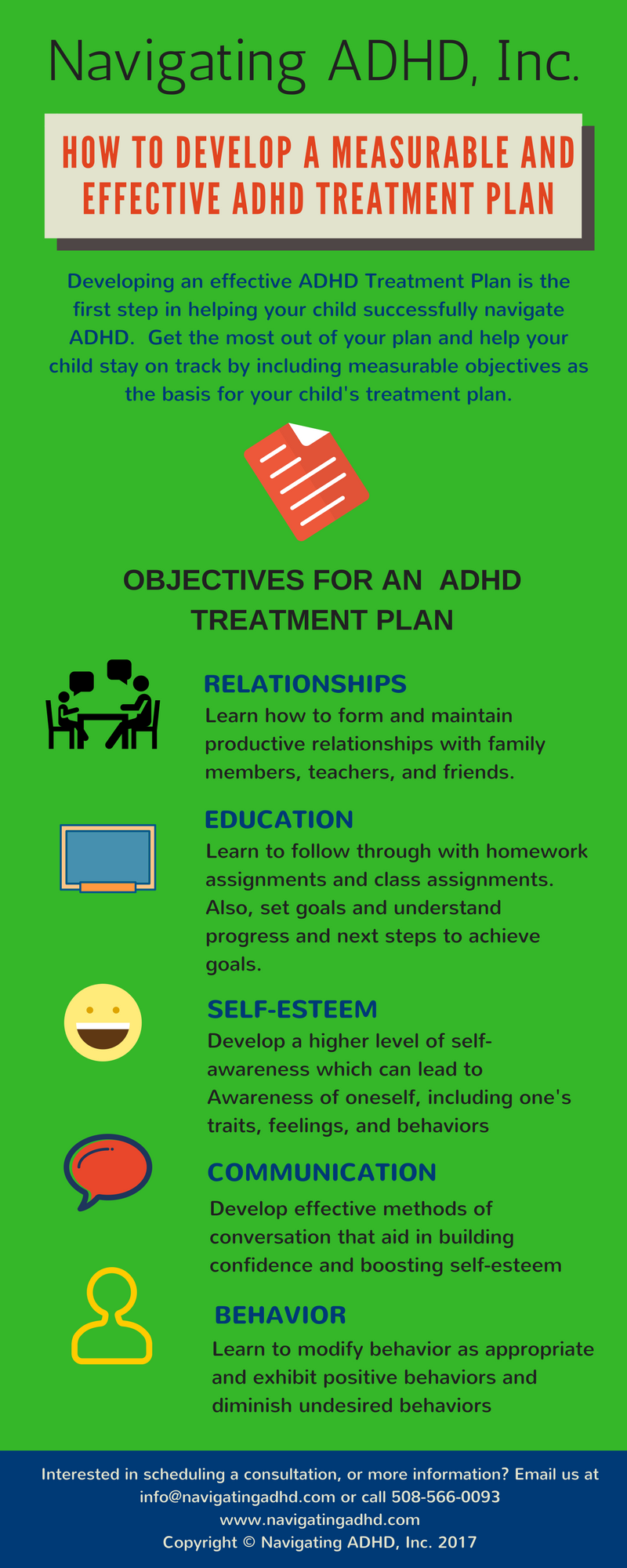Your Overview to Discovering the Right ADHD Therapy for Long-term Outcomes
Browsing the intricacies of ADHD therapy requires a nuanced understanding of both the condition and the myriad alternatives readily available for reliable monitoring. It is necessary to recognize that what jobs for one person might not always produce the exact same outcomes for an additional.
Understanding ADHD and Its Effect

In grownups, ADHD can bring about difficulties in work environment atmospheres, influencing productivity, time monitoring, and interpersonal relationships. Typically, undiagnosed or improperly handled ADHD can add to co-occurring psychological health problems, such as anxiety and depression, more complicating an individual's total wellness.
The social assumption of ADHD can differ, causing preconception and misunderstanding, which may hinder individuals from looking for aid. As awareness grows, it is necessary to promote an environment that advertises understanding and support for those impacted by ADHD, stressing the demand for accurate medical diagnosis and customized approaches to mitigate its effect on everyday life.
Introduction of Therapy Choices
A thorough approach to treating ADHD includes a selection of alternatives tailored to the person's one-of-a-kind needs. These choices can generally be classified into behavior treatments, psychoeducation, and way of life adjustments, together with medicinal treatments that may be checked out later.
Behavioral treatments, such as cognitive-behavioral therapy (CBT), focus on changing details behaviors and developing coping techniques to handle signs effectively. Psychoeducation plays a critical role in encouraging both individuals and their families by giving details concerning ADHD, its obstacles, and efficient methods for support.
Way of living modifications can dramatically affect ADHD administration. Routine physical activity, a balanced diet, and adequate sleep contribute to total well-being and sign control. Mindfulness practices and leisure strategies can additionally enhance focus and minimize impulsivity.
Assistance teams and family therapy can promote a sense of neighborhood and understanding, helping people feel much less separated in their experiences. Each treatment alternative ought to be considered along with the individual's preferences and conditions, making sure a holistic strategy that advertises lasting success. Eventually, the objective is to create a personalized treatment plan that addresses the details difficulties connected with ADHD while boosting overall high quality of life.
Medicine: Benefits And Drawbacks
Drug plays a critical duty in the therapy of ADHD, with countless choices available that can considerably alleviate symptoms for many individuals. Stimulants, such as methylphenidate and amphetamines, are commonly recommended and have shown efficiency in boosting emphasis, decreasing impulsivity, and enhancing overall actions. These medications work by boosting dopamine additional resources and norepinephrine levels in the mind, which are typically dysregulated in those with ADHD.
Some people might experience side effects, including sleeping disorders, decreased cravings, or enhanced stress and anxiety. Furthermore, not all people respond to stimulant medications, leading some to explore non-stimulant choices, which may have a delayed onset of activity or various side results.
It is essential for individuals and their families to evaluate these benefits and drawbacks carefully. Balancing the advantages of sign administration against potential adverse effects is vital for accomplishing optimum treatment end results. Collaboration with health care providers can help with informed decisions, ensuring that drug belongs to a detailed ADHD monitoring strategy.
Behavioral Treatment Strategies

One generally employed technique is Cognitive Behavior modification (CBT), which assists individuals recognize and alter unfavorable idea patterns that add to ADHD-related challenges. Therapist for ADHD. Via CBT, clients find out to set realistic objectives, handle time successfully, and develop organizational systems
One more effective technique is Parent Management Training (PMT), which educates moms and dads on how to reinforce positive behaviors and lower adverse ones via regular discipline and interaction approaches. This technique cultivates an encouraging home environment that urges behavioral renovations.
Social skills training is also integral, aiding individuals with ADHD navigate social interactions extra efficiently. Role-playing and modeling suitable habits can boost social proficiency and lower anxiety in social circumstances.
Lifestyle Modifications for Better Administration
Exactly how can way of life changes significantly enhance the administration of ADHD symptoms? Carrying out tactical way of life alterations can cause significant renovations in focus, company, and psychological policy for individuals with ADHD.
To start with, developing an organized everyday regimen aids in producing predictability, which can minimize sensations of bewilder. Constant timetables for dishes, research study, and rest can enhance everyday performance.
Integrating normal physical task is additionally essential, as exercise has actually been shown to improve dopamine degrees, enhancing focus and motivation (Therapist agitated depression for ADHD). Going for at the very least 30 mins of moderate workout most days can be useful
Nourishment plays an essential function as well. A balanced diet abundant in omega-3 resource fats, whole grains, and protein can support cognitive function. Limiting refined sugars and caffeine may lower symptoms, as these can bring about power collisions and impatience.
Conclusion
Finally, locating the appropriate ADHD therapy demands a diverse approach that takes into consideration private demands and choices. A mix of drug, behavior modification, and lifestyle alterations can significantly enhance symptom monitoring and total health. Taking part in psychoeducation and developing organized regimens even more supports reliable therapy methods. Cooperation with healthcare professionals and open interaction with assistance networks are important elements in navigating the complexities of ADHD management, ultimately resulting in lasting outcomes and improved lifestyle.